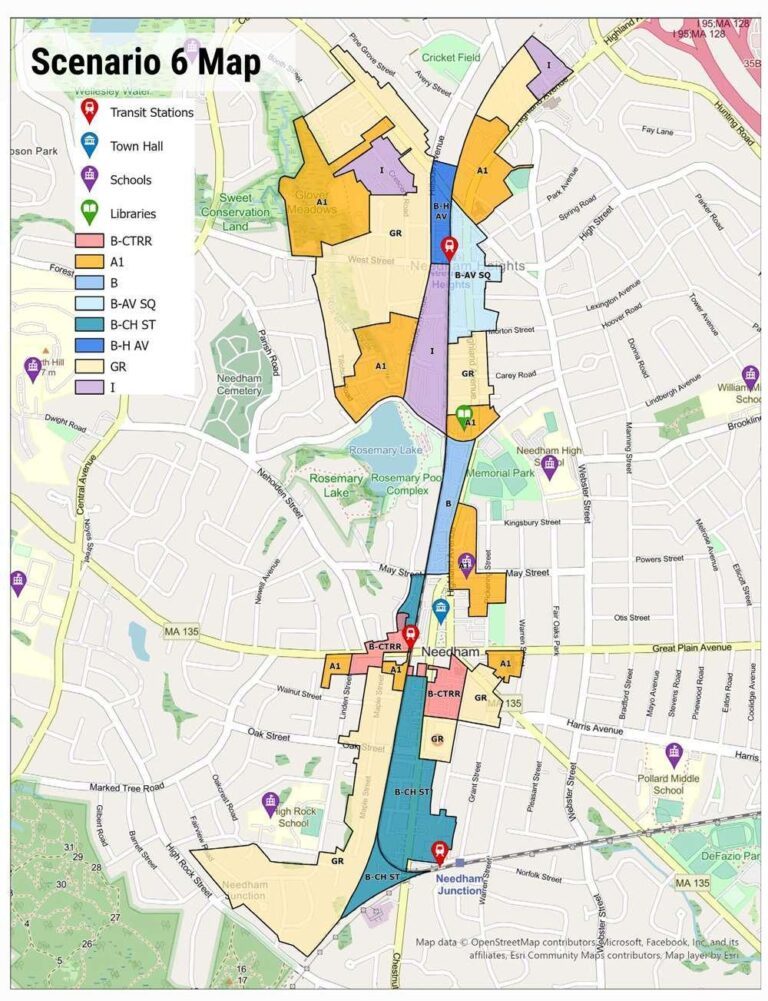A new bill has been introduced aiming to significantly enhance public transit services and improve compliance within the Massachusetts Bay Transportation Authority (MBTA).The proposed legislation seeks to address long-standing issues related to service reliability, safety standards, and operational openness, with the goal of fostering increased ridership and more efficient management of the public transit system. Advocates argue that the bill will be a critical step toward revitalizing the region’s transit infrastructure and ensuring the MBTA meets both regulatory requirements and public expectations.
Table of Contents
- Bill Aims to Increase Funding for Public Transit Infrastructure Improvements
- New Regulations Target Enhanced Safety and Accessibility on MBTA Services
- Proposed Measures Encourage Sustainable Transportation and Reduced Carbon Emissions
- Advocates Call for Greater Accountability and Timely Compliance from MBTA Officials
- Future Outlook
Bill Aims to Increase Funding for Public Transit Infrastructure Improvements
Lawmakers have introduced legislation designed to significantly boost federal investment in public transit infrastructure,addressing critical needs such as vehicle replacements,facility renovations,and safety upgrades. Backed by the Bipartisan Infrastructure Law, this bill proposes leveraging up to $108 billion in funding over the next five years, ensuring that transit agencies receive reliable and sustained financial support. These funds aim to modernize aging systems, enhance accessibility, and improve overall service quality nationwide, reflecting a commitment to revitalizing public transportation networks to meet growing urban demands.
The proposed funding package emphasizes collaboration between federal, state, and local governments, with priorities set on:
- Replacing outdated transit vehicles to improve safety and reduce emissions
- Upgrading transit facilities to meet contemporary standards and rider expectations
- Supporting state of good repair initiatives ensuring reliable and efficient service
- Enhancing overall transit accessibility to serve all communities equitably
This extensive approach aims to not only expand transit capacity but also boost compliance and operational efficiency, particularly for agencies like the Massachusetts Bay Transportation Authority (MBTA), fostering a future-ready public transit system.
New Regulations Target Enhanced Safety and Accessibility on MBTA Services
The recently introduced legislation mandates rigorous improvements in public transit operations, emphasizing heightened safety protocols and expanded accessibility across all Massachusetts Bay Transportation Authority (MBTA) services. Under the proposed framework, transit vehicles and stations will be subject to enhanced inspection regimes and technological upgrades designed to prevent accidents and reduce service disruptions. Additionally, the bill calls for the integration of advanced safety features such as real-time monitoring systems and increased emergency dialog channels to better protect commuters.
Accessibility will also receive a critically important boost, aiming to ensure that all commuters, including those with disabilities, benefit from equitable transit experiences. Key provisions include:
- Installation of new elevators and ramps at major transit hubs to facilitate easier boarding and alighting.
- Expansion of audio and visual alert systems to assist passengers with sensory impairments.
- Comprehensive staff training programs on accessibility compliance and customer service excellence.
These measures are designed to not only bring MBTA services into full regulatory compliance but also to foster a more inclusive and safer transit surroundings for all users.
Proposed Measures Encourage Sustainable Transportation and Reduced Carbon Emissions
The newly introduced bill sets forth a series of initiatives aimed at transforming the region’s transit ecosystem into a model of sustainability and environmental obligation. Central to this legislative effort is the expansion of public transit accessibility, designed to significantly reduce reliance on private vehicles and lower overall carbon emissions.By prioritizing investments in cleaner, energy-efficient transit technologies and infrastructure upgrades, the bill aligns with national and global commitments to combat climate change and promote sustainable development.
Key provisions include:
- Incentives for electric and hybrid bus fleets within the MBTA system
- Enhanced support for bike-sharing programs and pedestrian-pleasant urban planning
- Implementation of real-time tracking apps to optimize transit routes and reduce idle emissions
- Grant programs to encourage transit-oriented development and reduce car dependency
Experts emphasize that these measures not only contribute to cleaner air and healthier communities but also foster long-term economic benefits through sustainable transportation networks. The bill’s focus resonates strongly with the globally recognized sustainable development goals that urge collective action toward environmental stewardship, social equity, and economic vitality.
Advocates Call for Greater Accountability and Timely Compliance from MBTA Officials
Community leaders and transportation advocates have intensified pressure on MBTA officials to enhance transparency and ensure strict adherence to regulatory standards. The push follows concerns over recent delays in service improvements and growing passenger frustrations, highlighting the critical need for timely compliance with operational mandates. Advocates emphasize that accountability measures must be embedded within the agency’s governance to foster public trust and improve overall transit reliability.
Key demands from stakeholders include:
- Regular public reporting on performance metrics and project timelines
- Improved communication channels between MBTA officials and community members
- Enforcement of deadlines tied to infrastructure upgrades and service enhancements
Such reforms are expected to catalyze ample progress in the agency’s modernization efforts, reinforcing the MBTA’s commitment to serving Massachusetts’ transit-dependent populations more effectively.
Future Outlook
As the proposed bill moves forward in the legislative process, stakeholders and commuters alike will be watching closely to see how these measures might improve public transit reliability and enforce compliance within the MBTA system. With public transit playing a crucial role in urban mobility and environmental sustainability, the bill’s outcomes could significantly impact daily travel for millions. Lawmakers are expected to continue debating the specifics in the coming weeks, underscoring the importance of effective transportation policy in shaping the region’s future. For the latest updates on this and other legislative efforts, stay tuned.

